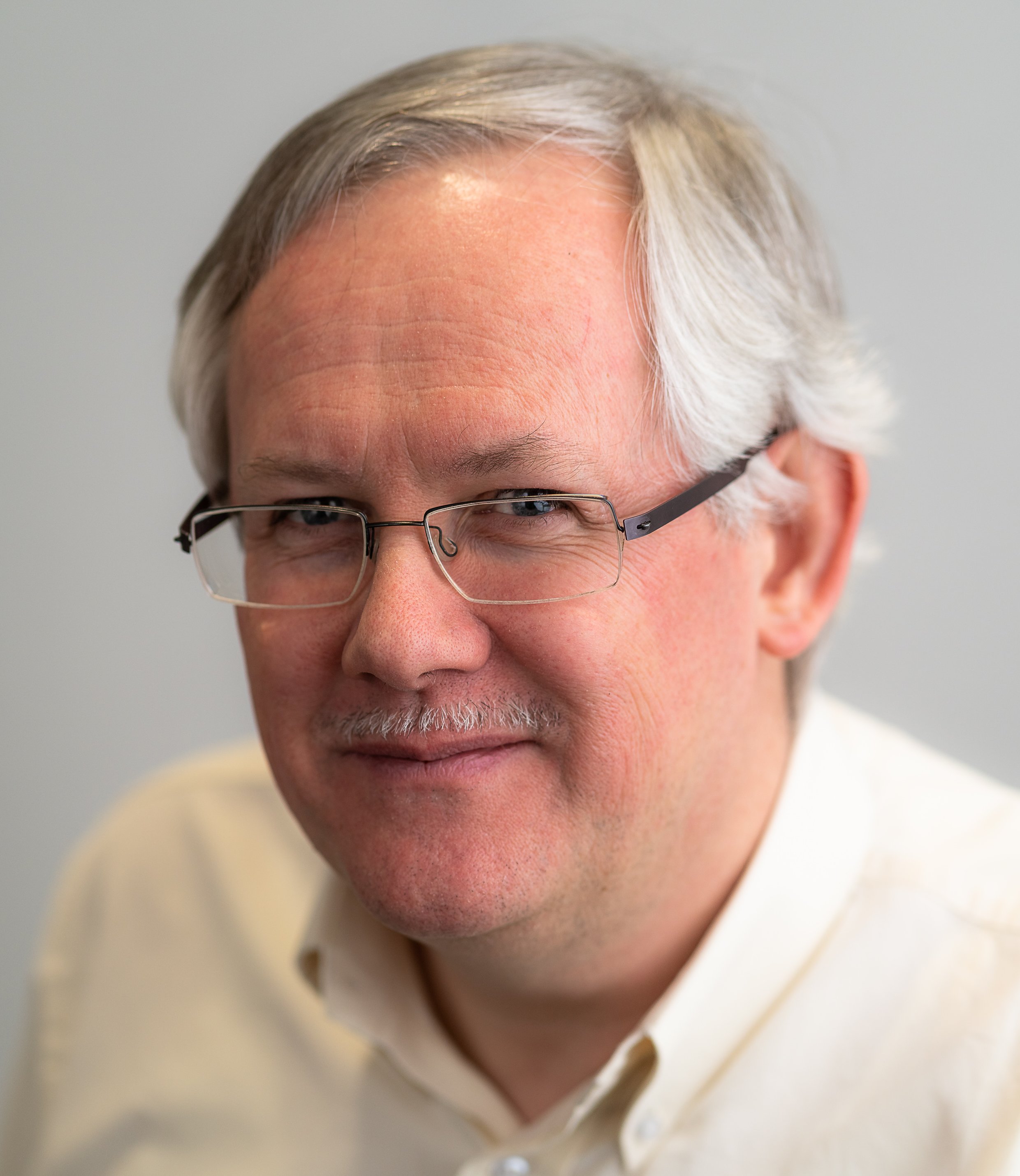 Prof. Dr. Hans Vangheluwe,
Prof. Dr. Hans Vangheluwe, University of Antwerp,
Belgium
Title: The Twinning Paradigm
Abstract
The Cyber-Physical Systems (of Systems) we design, maintain and above
all, evolve, over increasingly long periods of time, are ever
increasing in complexity. In the meantime, demands on quality,
maintainability, sustainability, etc. become more and more stringent.
Using "digital twins" have been shown to enable a host of desirable
extra-functional system features such as condition monitoring, fault
diagnosis, predictive maintenance.
There has been a proliferation of terminology, examples and standards
for digital twins. In this presentation, I will try to unify and
structure these under the "twinning" umbrella, building on many
existing techniques, architectures and standards from real-time
simulation and execution, co-simulation, systems and control theory,
IoT, knowledge management, machine learning, surrogate modelling, etc.
In the twinning paradigm, a twinning architecture (a system in its own
right) is used whereby a virtual instance of a System under Study (SuS) or "asset" is
continually updated with the SuS's health, performance, maintenance,
etc. status information, and this throughout the asset's life-cycle
(requirements analysis, design, production, assembly, operation and
optimization, maintenance, re-purposing, disposal).
I will take a product family/line approach to structure desirable
system features, the different workflows and conceptual twinning
architectures needed to realize these, and finally, the different
means to deploy/realize these architectures.
Bio
Prof. Hans Vangheluwe is a leading expert in multi-paradigm modelling and simulation, with a focus on the systematic integration of heterogeneous modelling formalisms to support the engineering of complex, cyber-physical, and software-intensive systems. His research spans model transformation, domain-specific modelling languages, co-simulation, and experiment automation, contributing foundational tools and frameworks such as AToM³, AToMPM, Modelverse, and SyVOLT. He has also played a major role in the design of Modelica and in advancing formal techniques for simulation correctness, consistency management, and model reuse. Vangheluwe’s work has had significant impact both academically and industrially, from early applications in environmental modelling (e.g. WEST for wastewater treatment) to modern projects involving digital twins, Industry 4.0, and hardware-in-the-loop systems. Through initiatives like Nexor and Analog Computer Reboot, he continues to push the boundaries of simulation-based design, emphasizing reliability, repeatability, and semantic interoperability in large-scale engineered systems.

